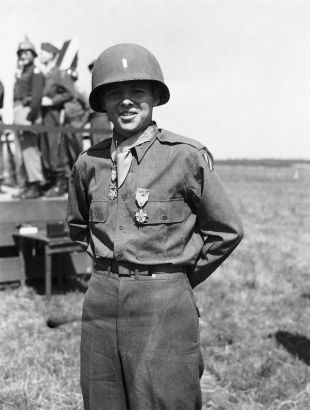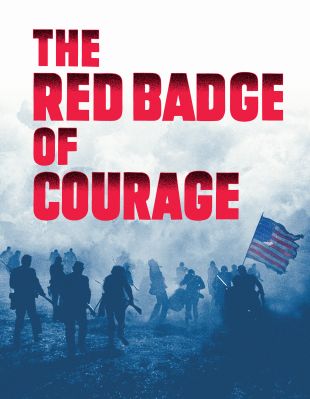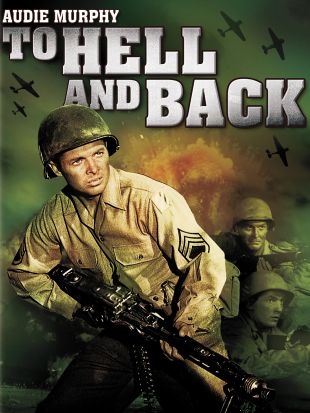Over the course of his extraordinary life, Audie Murphy went from being a poor Texas sharecropper's son to America's most decorated WWII hero to a popular Western and action movie star. Though he died in 1971, his accomplishments are still commemorated in a variety of ways that range from his native Hunt County's annual Audie Murphy Day celebration to his induction into the National Cowboy Hall of Fame and the Country Music Association of Texas. His name also appears on a VA hospital, a library room, a stretch of U.S. Highway 69 in Texas, and a San Antonio division of the Army.
Murphy was born to a family of cotton growers near Kingston, TX. Boyish-looking and slender, he appeared an unlikely war hero, but while stationed in Europe with his infantry unit, Murphy was credited with killing 240 Germans, was promoted to lieutenant, and earned at least 24 medals, including a Purple Heart for a gunshot wound that shattered his hip and the coveted Congressional Medal of Honor.
Following the war, Murphy worked as a clerk and a garage attendant before James Cagney invited him to his Hollywood home. Murphy stayed for 18 months and made his screen debut in Beyond Glory (1948), playing a guilt-ridden soldier. He had his first starring role in Bad Boy (1949) and was praised for his naturalistic acting style. Some critics chided him for only playing himself, but Murphy never claimed any acting ability. For audiences impressed with his war record and charmed by his charisma, Murphy playing himself was enough to sustain his busy film career for two decades. By the early '50s, Murphy was appearing in second-string Westerns. In 1953, distinguished director John Huston, whom Murphy regarded as a friend and mentor, starred him as the young soldier in his adaptation of Stephen Crane's The Red Badge of Courage (1953). He would again work with Huston in 1960s' The Unforgiven. In 1955, Murphy appeared in his signature film, To Hell and Back, a chronicle of his war experiences based on his published autobiography. This film's box-office success allowed Murphy to appear in larger-budget films through the early '60s when he once again returned to B-movies. All told, during his heyday, Murphy worked with some of the era's most prominent stars including Jimmy Stewart, Broderick Crawford, and Audrey Hepburn.
But while Murphy's professional life flourished, he had to grapple with some tough situations in his personal life. In the late '60s, an Algerian oil field he'd purchased was blown up during the Seven Day War. Murphy lost around 250,000 dollars. In 1970, he was tried and acquitted for beating up and threatening to kill a man during a heated fight, the precise circumstances of which remain muddled. Despite this courtroom victory, rumors circulated that Murphy was suffering personal problems resulting from his war experiences.
Murphy was once briefly married to actress Wanda Hendrix with whom he had appeared in Sierra (1950). In 1951, Murphy married Pamela Archer and they remained happily wed until he accidentally crashed his plane into a Virginia mountainside on Memorial Day 1971. Murphy was given a full military burial and was interred in Arlington Cemetery.


/_derived_jpg_q90_310x470_m0/TheQuietAmerican1958-PosterArt.jpg)
